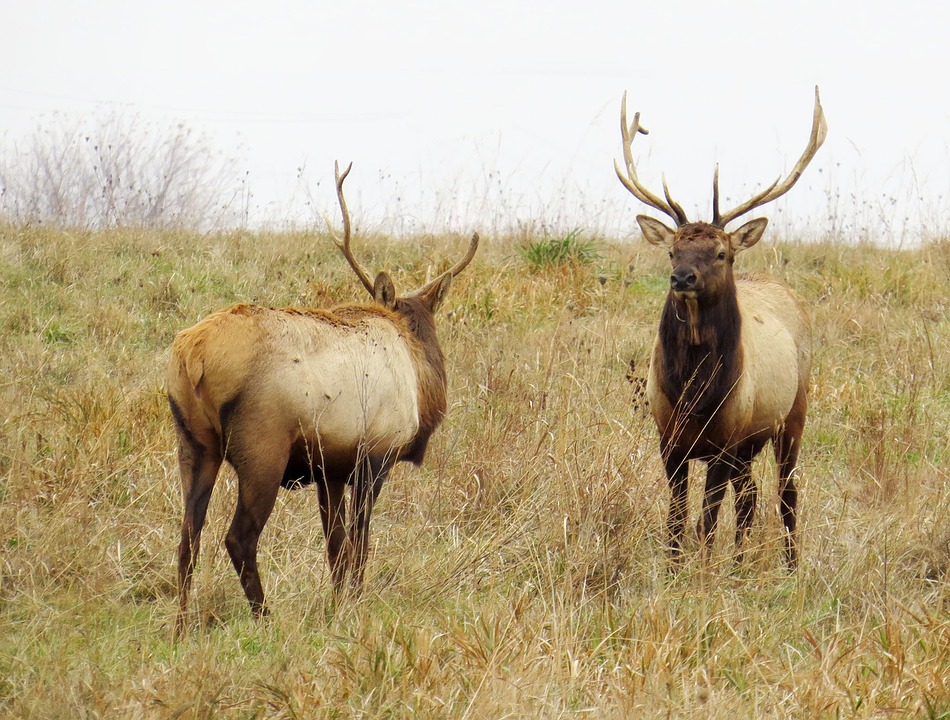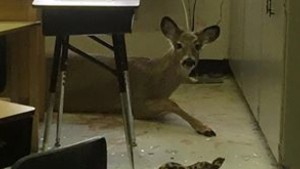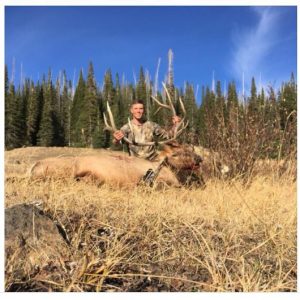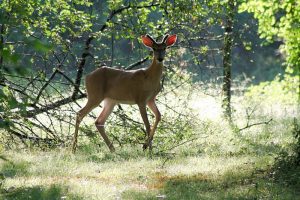Surrounded by fencing, Elk Island National Park just outside of Edmonton, Alberta is facing a conundrum of sorts regarding the growing populations of its enclosed wildlife. As elk, moose and bison populations continue to flourish in the park, officials are growing concerned about the effect the amount of grazing is having on the ecosystem.
The elk population has become a topic of chief concern for park officials as it has grown to higher levels than what is recommended. Recent tallies peg the population at 611 elk in the park, which works out to about 200 more elk than recommended.
“If (the population) is too high, and it is now, that can have a huge impact on the habitat,” Colleen Arnison, a resource management officer with the park, told the Edmonton Journal.
As officials evaluate their options to manage the herd, hunting is suddenly becoming a very viable solution to the problem.
“That’s why we need to control them. Not removing them will have a larger impact overall on their health, especially in disease, which will be able to move through the population a lot quicker if we don’t manage them and keep them at a sustainable level.”
With growing concerns over chronic wasting disease not far from the safety of the confines of the park, the idea of relocation, at least for elk and moose, is completely off the table. The risk of exposing a new population to the disease is something Parks Canada officials say is too high.
“Part of our responsibility as Parks Canada is ensuring that we have healthy populations and it’s not ethical if we have populations that are in the park and can’t be healthy and if we don’t do something about it, probably Mother Nature will,” Robyn O’Neill, a communications officer with Elk Island National Park told Global News.
While hunting programs have been initiated in Canadian National Parks in the past, they have always come with some opposition. As part of the process, Parks Canada staff held a preliminary public consultation last week with an open house scheduled for this evening in Edmonton to allow public comment on the 10-year ungulate population management plan.




